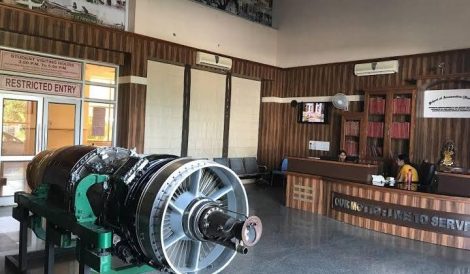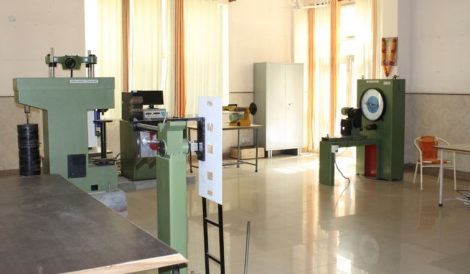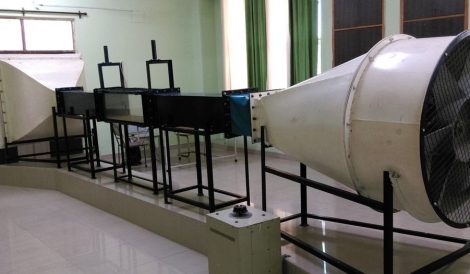Aeronautics, as a branch of science, delves into the fascinating realm of flight. It encompasses the study of aircraft and other types of flying machines, focusing on their design, construction, and operation. To create airplanes that soar through the skies, aeronautical engineers must possess a comprehensive understanding of four key elements: propulsion, materials and structures, stability and control, and aerodynamics.
Propulsion is a fundamental aspect of aeronautics. It involves the study of engine designs aimed at generating the necessary thrust for an airplane to take off and maneuver through the air. Aeronautical engineers meticulously analyze and develop innovative engine technologies to achieve optimal performance, fuel efficiency, and reliability.
Materials and structures form another crucial aspect of aeronautical engineering. Engineers delve into the study of materials that will be employed in the construction of aircraft and their engines. They assess the properties, durability, and strength of various materials to ensure that they are capable of withstanding the forces encountered during flight. The goal is to create robust and lightweight structures that enhance the efficiency and safety of the aircraft Aeronautical Engineering.
Stability and control are vital considerations in aeronautics. These aspects focus on imparting pilots with the knowledge and skills necessary to control an aircraft’s speed, direction, altitude, and other critical variables. Aeronautical engineers delve into the study of flight dynamics, control systems, and human-machine interfaces to ensure that aircraft can be maneuvered safely and efficiently.
In the pursuit of aeronautical engineering education, choosing the right institution is crucial. The School of Aeronautics, stands as a premier institution for aspiring aeronautical engineers. Renowned for its exceptional program, this institution offers comprehensive coursework and hands-on training to equip students with the knowledge and skills needed to thrive in the field.
Enrolling in the School of Aeronautics presents a unique opportunity to delve into the exciting world of aeronautical engineering. Students are exposed to a dynamic curriculum that covers the four key elements of aeronautics in depth. Through a combination of theoretical knowledge and practical applications, students gain a solid foundation in propulsion, materials and structures, stability and control, and aerodynamics.
The School of Aeronautics boasts state-of-the-art facilities and a dedicated faculty comprising industry experts and experienced professionals. This ensures that students receive the highest quality education and guidance throughout their academic journey.
Upon graduation from the School of Aeronautics, a wide range of career opportunities await aeronautical engineering graduates. They can pursue roles in aircraft design, manufacturing, research and development, maintenance, and more. The demand for skilled aeronautical engineers is ever-growing, offering promising prospects in an industry that continues to evolve and advance School of Aeronautics.
In conclusion, aeronautics opens the door to a captivating world of flight. The field of aeronautical engineering encompasses the study of propulsion, materials and structures, stability and control, and aerodynamics. By enrolling in the prestigious School of Aeronautics, students gain access to a top-tier education, comprehensive coursework, and hands-on training. Embarking on a journey in aeronautical engineering promises a fulfilling and dynamic career in an industry that shapes the future of aviation.
[learn_press_profile]



